
UNICEF has called for increased investments in Nigeria’s primary education sector to tackle challenges like low enrollment and inadequate learning outcomes. Michael Banda, UNICEF’s education manager in Kano, appealed for a two-day media dialogue in Zaria that started on Thursday.
Mr Banda stated that Nigeria is spending only 1.2 per cent of its GDP on education, far below the international benchmark of four to six per cent. He stressed that this underfunding affects the quality of primary education, where many children struggle with reading, writing, and arithmetic.
Mr Banda also noted that Nigeria faces twin crises of a high out-of-school population and learning poverty, particularly in the North-West region. He noted that the region’s participation rate in early childhood education stands at 42 per cent, below the national average of 63 per cent. This calls for increased investment.
He revealed that one in three children is out of school, with 10.2 million at the primary level and 8.1 million at the junior secondary level. He pointed out that insufficient domestic financing has led to a shortfall of 378,000 classrooms and approximately 278,000 teachers.
Read More:
Tinubu Approves Construction of 40 Houses for Nigerian Judges in Rich Neighbourhood of Abuja
UNGA: Malawi President Urges International Community To Write Off Africa’s Debt
About The Author
Related Articles
Three Doctors Suspended as Medical Council Probes Death of Chimamanda Adichie’s Son
Nigeria’s medical regulatory authority has taken the rare and serious step of...
ByWest Africa WeeklyMarch 4, 2026Night Gunfire Near Presidential Palace Sparks Tension in Ouagadougou
Gunshots were heard late on the night of February 28 into March...
ByWest Africa WeeklyMarch 3, 2026Uganda to Start Domestic Gold Purchasing Programme to Boost Reserves
Uganda’s central bank has announced plans to launch a domestic gold buying...
ByWest Africa WeeklyMarch 3, 2026Ghana’s Cedi Expected to End 2026 Around GH¢12.85 to the Dollar
The Ghanaian cedi is projected to hold relatively steady against the United...
ByWest Africa WeeklyMarch 3, 2026


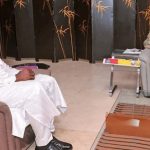
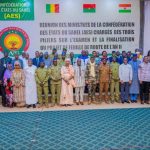

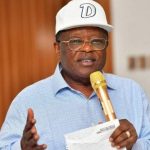


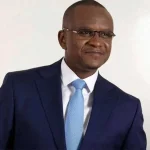
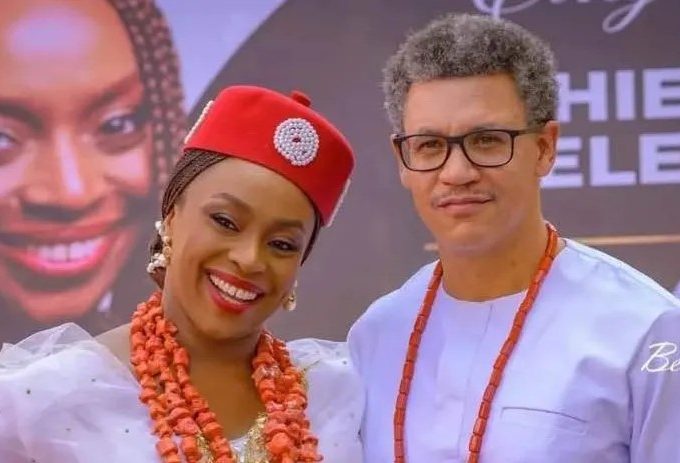


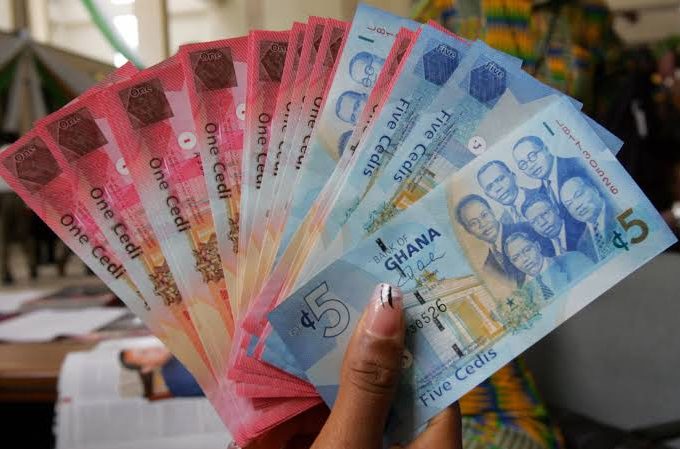
Leave a comment